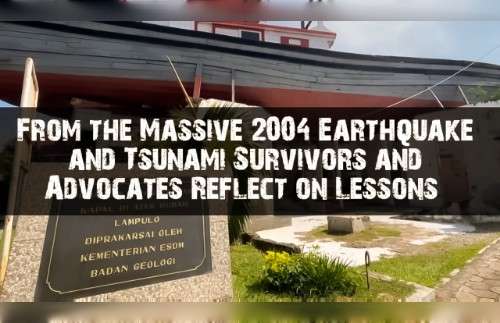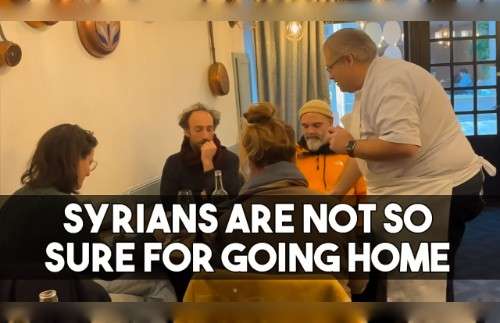By Debdutta Ghosh

Be it stamping on the hand for any person returning to India from a foreign country or the pasting of posters outside of the homes of people sent to home quarantine or the use of CCTV footage, mobile phone tracking to track down suspected Covid-19 patients, some of the coronavirus pandemic tackling measures taken by authorities in India have raised concerns of privacy of citizens.
A poster outside the home of a Delhi resident who had just returned from the United States in the middle of March read: “Do not visit. Home under quarantine”. The poster pasted by the Delhi government also had the names of the six members of the family with clear direction of not stepping out of the home. The poster attracted attention of the passers by initially who quickly left the place after reading it.
This was not an isolated case in the national capital of India. Reports suggested that homes of more than 15,000 residents of the mega city were pasted with similar posters much to the ire of the residents. The actions were taken in order to prevent the spreads of the novel coronavirus pandemic. The aim – to make the family and neighbors aware that the family was under quarantine
Similar steps were taken in Uttar Pradesh with the authorities in Ayodhya district putting up poster outside the homes of people who had come from the so called coronavirus affected areas within India or from a foreign country. These posters were being installed through the control room set up in the district and the district administration was tracking the homes with such posters. Such posters also contained names of the residents.
Similar measures were also taken in other parts of the country including in the Gautambuddha Nagar or Noida, adjoining the national capital of Delhi. The district administration put up specialized posters will be put outside houses where people are put on home quarantine.
The first states to put a mark on the hands of people advised to home quarantine with indelible ink were the western state of Maharashtra and the southern state of Karnataka. The stamps put on the hand contain the date that a person must remain under home quarantine and states that those marked are “proud to protect” their fellow citizens.
Issue of privacy also arose after another southern state Kerala directed authorities to use telephone call records, CCTV footage and mobile phone GPS systems for tracking down of primary and secondary contacts of coronavirus patients. Authorities also published detailed time and date maps of the movement of people who tested positive.
“People have been jumping quarantine and it has been a challenge to track them,” was the argument that one of the senior members of the coronavirus control team in Kerala, that was given in support to such surveillance measures without the consent of the people being tracked.
All such incidents have raised serious concerns about the right to privacy of Indian citizens and debates of whether the government authorities have the legal right to infringe upon the privacy of people.
Further, critics have also argued that government authorities are also gathering personal data of millions of people across the country such as names, age group, contact number, travel history, locational data etc, and even medical data over the coornavirus pandemic. Now all such data are categorized as ‘sensitive personal data’ under many jurisdictions. Concerns have been raised about the security of such data and about how such data trove would be processed and used by the concerned entities.
But with very weak privacy and data protection, critics suspect that residents can do very little legally to ensure upkeeping of their and their family’s privacy as well as ensuring the security of the huge amount of personal data that is being collected ostensibly to fight the coronavirus pandemic in the country.
From the Massive 2004 Earthquake and Tsunami,Survivors and Advocates Reflect on Lessons
Ukraine Reveals Handwritten Letter of a Fallen North Korean Soldier in Kursk
Syrians Are Not So Sure for Going Home
Golan Heights Druze Welcome New Syrian Rulers
Tibetans Demand Apology from the British Museum for Use of ‘Xizang’
Escaping from Scam Center on Cambodia’s Bokor Mountain
UN Security Council Meets to Discuss Children and Armed Conflict
10 Shocking Revelations from Bangladesh Commission’s Report About Ex-PM Hasina-Linked Forced Disappearances
Subscribe Our You Tube Channel
Fighting Fake News
Fighting Lies














